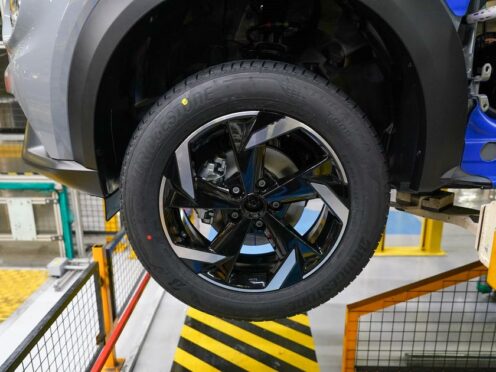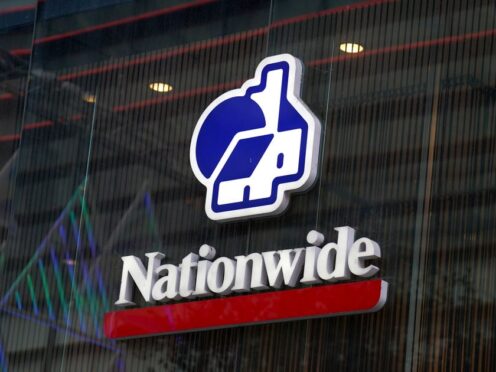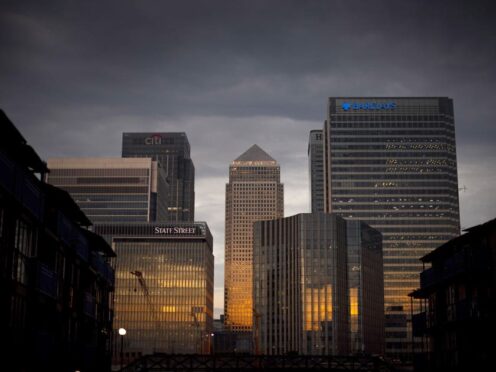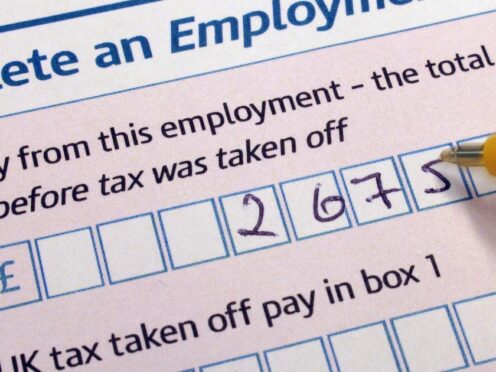Wine drinkers face a shortage of some of their favourites this Christmas due to a combination of Brexit and Covid, according to drink industry leaders.
Miles Beale, chief executive of the Wine & Spirit Trade Association (WSTA), warned that importers, wholesalers, and retailers face challenges, despite a recent victory with the scrapping of certain paperwork.
Many of our members are experiencing supply difficulties, resulting in very real concerns that some of the UK’s favourite wines will not be available in the run-up to Christmas.”
Miles Beal, CEO, the Wine & Spirit Trade Association.
Mr Beale said: “Many of our members are experiencing supply difficulties, resulting in very real concerns that some of the UK’s favourite wines will not be available in the run-up to Christmas.
“Some of these delays are Brexit-related, some Covid related, and others down to specific supply chain issues in certain non-European Union (EU) countries.
“Suppliers are looking closely at stock levels and transport slots, but wines take time to source, import and then bottle.”
He added: “At the same time the challenges of lorry and container availability, as well as labour – especially heavy goods vehicle drivers, warehouse staff, and hospitality staff – are well-documented.
“Consumers are likely to see rising prices on a bottle of wine if we see a hike in wine duty at the next Budget.”
WSTA and its members scored a victory in July with the scrapping of VI-1 wine certificates, a form the UK Government had extended from wine produced in non-EU countries to bottles from EU nations following Brexit.
‘Still a mass of paperwork required’
Mr Beale explained: “We are extremely pleased to have saved our wine members around £100 million in extra costs through our successful campaign to have VI-1 wine certificates scrapped for all wine imports to Great Britain.
“However, there is still a mass of paperwork required at the border, with more red tape in the works.
“We are continuing to talk to our members and work with the UK Government to get rid of all unnecessary red tape and to improve electronic systems.
‘Sensible protocols’
“So many import-export requirements are electronic that electronic solutions must be feasible, and we must encourage customs officers not to rely on pieces of paper.
“We also hope to push government to establish sensible protocols; for example, a target time of two days for exports from an EU port to arrive in a UK warehouse.”
Independent wine merchants throughout Scotland have been working hard to cope with the hurdles caused by Brexit.
Gary Cennerazzo, who runs Bellissimo Vino, said Brexit had created “many issues and nightmares at the start”.
The costs have jumped up massively – Brexit is a disaster.”
Gary Cennerazzo, Bellissimo Vino.
He added: “We had everything in place for months prior to it and yet still January and February were a write-off – nothing moving and major delays.
“Our haulier didn’t even know the correct documents and there was so much confusion – we had to find a haulier that could do the paperwork.
“More paperwork and the costs have jumped up massively – Brexit is a disaster.”
Mr Cennerazzo was forced to raise the price of his Italian wines by 20-50p a bottle and began importing wines from France and Spain as alternatives.
He said: “Things are smooth now and, although it takes slightly longer for shipments, we can get them pretty quickly now.
“The first few months were awful as a small importer compared to the big boys, but we got things done.
“We had amazing support, and nobody has ever moaned about our prices.
“We had a pallet stuck for three months as paperwork was an issue for one winery and haulier – it was really stressful.
“We won’t have any shortages, that’s for sure.”
Smaller importers hit harder
Mr Cennerazzo believes Brexit has affected smaller importers more than larger players.
“We simply do not have the buying power of, let’s say, multimillion-pound wholesalers or supermarkets,” he explained.
“They won’t even feel the difference as their buying power is huge, allowing them to continue to sell at really low prices, although I have noticed lots of supermarkets have increased theirs too.
Farmers face price cuts as meat processors warn of pigs in blankets shortage
Raw Culture: Aberdeen’s first commercial kombucha brand launches
“Small importers seem to just be forgotten about, with absolutely no support provided to help many stay afloat or survive.
“We are doing well now and continuing to grow – we have worked tirelessly to make sure we keep competing, even with the bigger companies, and to try to always bring fresh and exciting products.”
Mr Beale agreed that smaller wine merchants were being hit hard by Brexit.
“Small and medium-sized enterprises (SMEs) generally are not able to import larger volumes of individual wines,” he said.
“As a result, a single lorry load or container shipped to a small importer may be made up of multiple product lines each requiring its own import documentation.”
‘Huge headaches’
He added: “SMEs are often hit harder when it comes to problems at borders as their shipments are more likely to get held up in the backlog.
“These smaller producers and importers are less likely to have the backroom staff to solve any barriers they come up against, which can cause huge headaches for independent merchants struggling to get hold of stock.”













